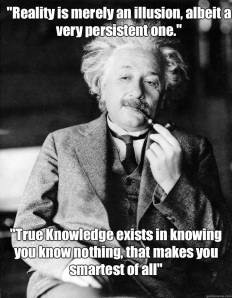It’s Sinterklaas season! This Dutch holiday (that has been getting a lot of flak from the international community) is more important than Christmas for Dutch kids. Though the rest of us have to wait until December 25th to get our presents, Dutch children get theirs on December 5th.
Whether you celebrate Sinterklaas, Hanukkah, Diwali, Christmas, the Winter Solstice, New Year’s or something else, it seems to be the holiday season for everyone. You send people greeting cards that might even say “Season’s Greetings” so this is the perfect season to talk about the word GREETINGS.
Where you can’t use it
Greetings or Greetz is a favorite among Dutch speakers because groetjes, the literal translation, can be used in many instances:
Say hi to him for me = Doe de groetjes aan hem.
Cheers = groetjes
Bye bye! = groetjes!
(Dutch Word of the Day has done a great little post explaining the use of groetjes in Dutch.)
However, in none of the above instances do we say greetings in English where you say groetjes (or even groeten) in Dutch. Greetings is just not that common a word. Greetz is not a word in English at all, as evidenced by the Urban Dictionary entry: “A term often used incorrectly by non English speaking people who insist on “greeting” people at the end of their message.”
Because both greetings and greetz are used so commonly in Dutch, it can be hard for Dutch people to separate themselves from this word in English. In general, if you’re Dutch, you should take the English word greetings and add it to your do-not-use list.
You might see some old-fashioned usage of greetings occasionally, but as a modern English speaker, you wouldn’t actually say these things because they sound awkward, overly formal, and stuffy:
Greetings if they are still with us to Len Wein and Berni Wrightson, originators of the comic strip.
I reciprocate your seasonal greetings.
Have you been flooded with greetings all day, sir?
In short, do not use it to say hello or goodbye. Do not use it to refer to saying hello or goodbye unless you are trying to sound stuffy.
But of course, there are always exceptions. Around the holiday season, you might see the word greetings in a couple of very specific contexts. This still does not mean that you should use it outside of this context.
Where you can use it
If you are reading a greeting card aloud to someone and it says Season’s Greetings, you can say this out loud. But only in this context–don’t go around wishing people “Season’s Greetings” — instead wish them “Happy Holidays” or the specific holiday they are celebrating: “Merry Christmas” or “Happy Hanukkah” or “Happy New Year”.

You can use greetings to greet someone if you are imitating a Martian coming to Earth and greeting humankind:
Greetings, Earthlings!
Along these lines, if you are very competent, you can dare to use it in other contexts but keep that mental picture of the alien in your head. I admit that I sometimes receive an email from Coursera with the salutation “Greetings, Courserians!” but I have to think that is done tongue-in-cheek.
You can use greet as a verb, commonly seen in writing (novels, news articles, and the like):
How to greet a customer
He’d usually greet me in the Devon dialect.
When independence came in 1963, the moran were there to greet it with their manyattas intact.
We had all risen to greet them.
Now, go forth and greet everyone appropriately!
Happy Sinterklaas!
If you thought this post was interesting, you might want to consider signing up for the newsletter and occasionally getting free English tips in your inbox.









